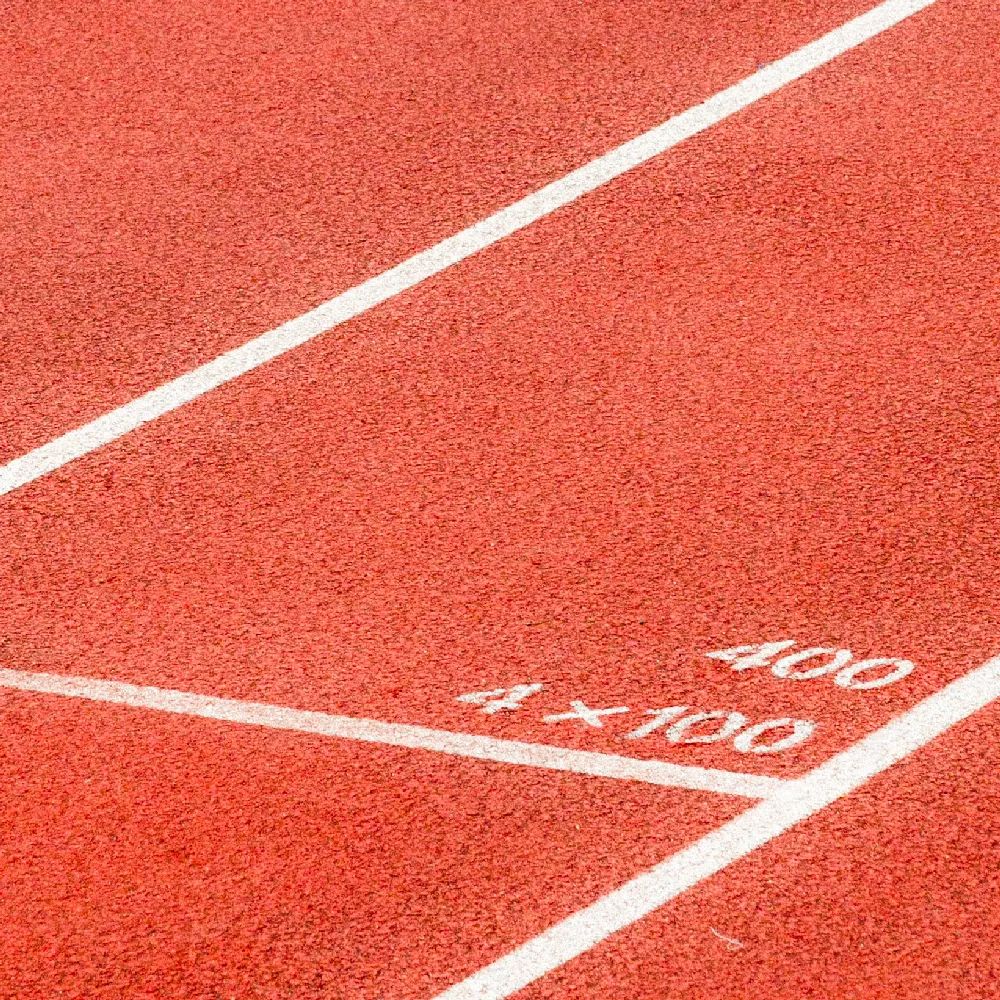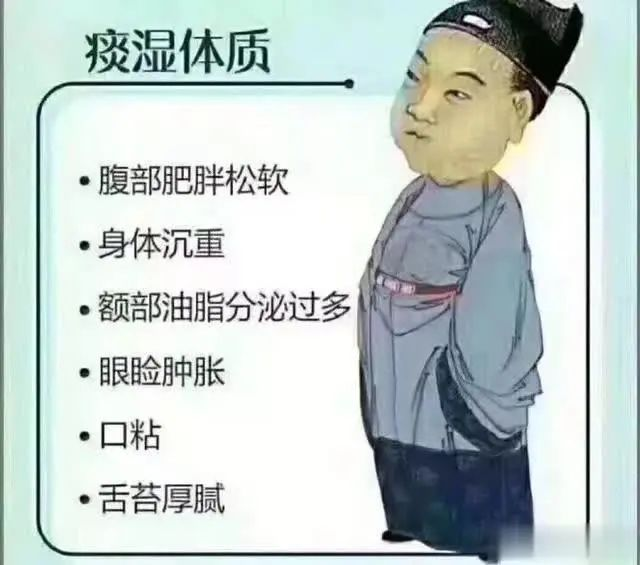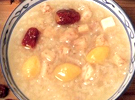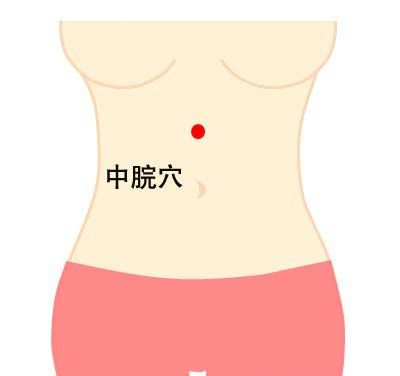Identification of Nine Body Types in Traditional Chinese Medicine and Health Guidance

Phlegm-Dampness Constitution

This constitution is characterized by a generally overweight body shape, with a soft and full abdomen. Individuals tend to have a mild temperament, are patient, but have poor adaptability to the rainy season and humid environments. Causes include genetics, long-term late nights, a preference for salty flavors, and excessive consumption of cold and frozen foods during youth.
Common manifestations include: a dislike for drinking water, oily facial skin, excessive and sticky sweating, a sticky or sweet taste in the mouth, a preference for sweet, sticky, or greasy foods, fatigue, laziness, a heavy body feeling, chest tightness, excessive phlegm, limb swelling, and loose stools.
1
Mental Nourishment
Individuals with a phlegm-dampness constitution often have a mild, steady, humble, and tolerant personality. It is advisable to increase social activities, cultivate hobbies, expand knowledge, and broaden horizons. Properly arrange leisure, vacation, and holiday activities to promote emotional well-being, regulate qi, and improve constitution for better health.
2
Dietary Recommendations
It is essential to consume a scientifically balanced diet while paying attention to dietary restrictions.
For those with a phlegm-dampness constitution, control food intake and avoid overeating; aim to eat until 70% full, avoid binge eating, eat slowly, reduce salt intake, especially avoid late-night snacks, and ensure to have breakfast.
Avoid rich, sweet, and greasy foods, limit alcohol consumption, and consume light foods that strengthen the spleen and eliminate dampness, such as Bai Luobo (White Radish), Cong (Scallion), Jiang (Ginger), Bai Guo (Ginkgo), and Hong Xiao Dou (Red Adzuki Bean).

Ginger is particularly suitable for individuals with a phlegm-dampness constitution as it can disperse dampness, warm the spleen and stomach, and promote sweating.
It is most suitable for women to drink in summer. Method: Brew tea with ginger, brown sugar, and dates, boil for a few minutes, and consistently drink during summer to stabilize emotions, enhance heat tolerance, and improve complexion. Generally, use three to four slices of ginger; those with a pronounced phlegm-dampness constitution can use up to seven slices. If you have a phlegm-dampness constitution but are not overweight, three to four slices will suffice.
3
Medicinal Diet Therapy

Ginger and Loquat Leaf Congee
【Ingredients】10g ginger, 6g honey-fried loquat leaves, 100g japonica rice.
【Method】Wrap loquat leaves in gauze, boil with water to extract the juice, then add japonica rice and ginger to cook into congee.
【Effects】Regulates qi, eliminates phlegm, harmonizes the stomach, and stops vomiting.
4
Exercise Recommendations
Individuals with a phlegm-dampness constitution are often overweight and easily fatigued, so they should gradually increase their exercise based on their specific conditions and maintain a long-term exercise routine, such as walking, jogging, table tennis, badminton, tennis, swimming, martial arts, and various suitable dances. The best time for exercise is between 2:00 PM and 4:00 PM when yang energy is at its peak, in a warm and pleasant environment.
Those with a phlegm-dampness constitution generally have a higher body weight; when exercising at higher intensities, they should pay attention to the rhythm of their workouts and progress gradually to ensure safety.

5
Acupoint Health Care
Regularly press and massage acupoints such as Fenglong (Fenglong Point), Zhongwan (Zhongwan Point), and Yinlingquan (Yinlingquan Point).
Fenglong: Belongs to the Stomach Meridian of the Foot Yangming, located on the inner side of the lower leg, at the depression below the medial condyle of the tibia; effects: strengthens the spleen, eliminates dampness, and promotes circulation.
Yinlingquan: Belongs to the Spleen Meridian of the Foot Taiyin, located on the inner side of the lower leg, at the depression below the medial condyle of the tibia; effects: strengthens the spleen, eliminates dampness, and promotes circulation.

Zhongwan: Belongs to the Ren Meridian, located in the upper abdomen, on the anterior midline, four cun above the umbilicus; effects: strengthens the spleen, harmonizes the stomach, and promotes qi circulation.

The above acupoints are commonly used for phlegm elimination and dampness dispelling; massage them with your fingers for about 10 minutes daily.

